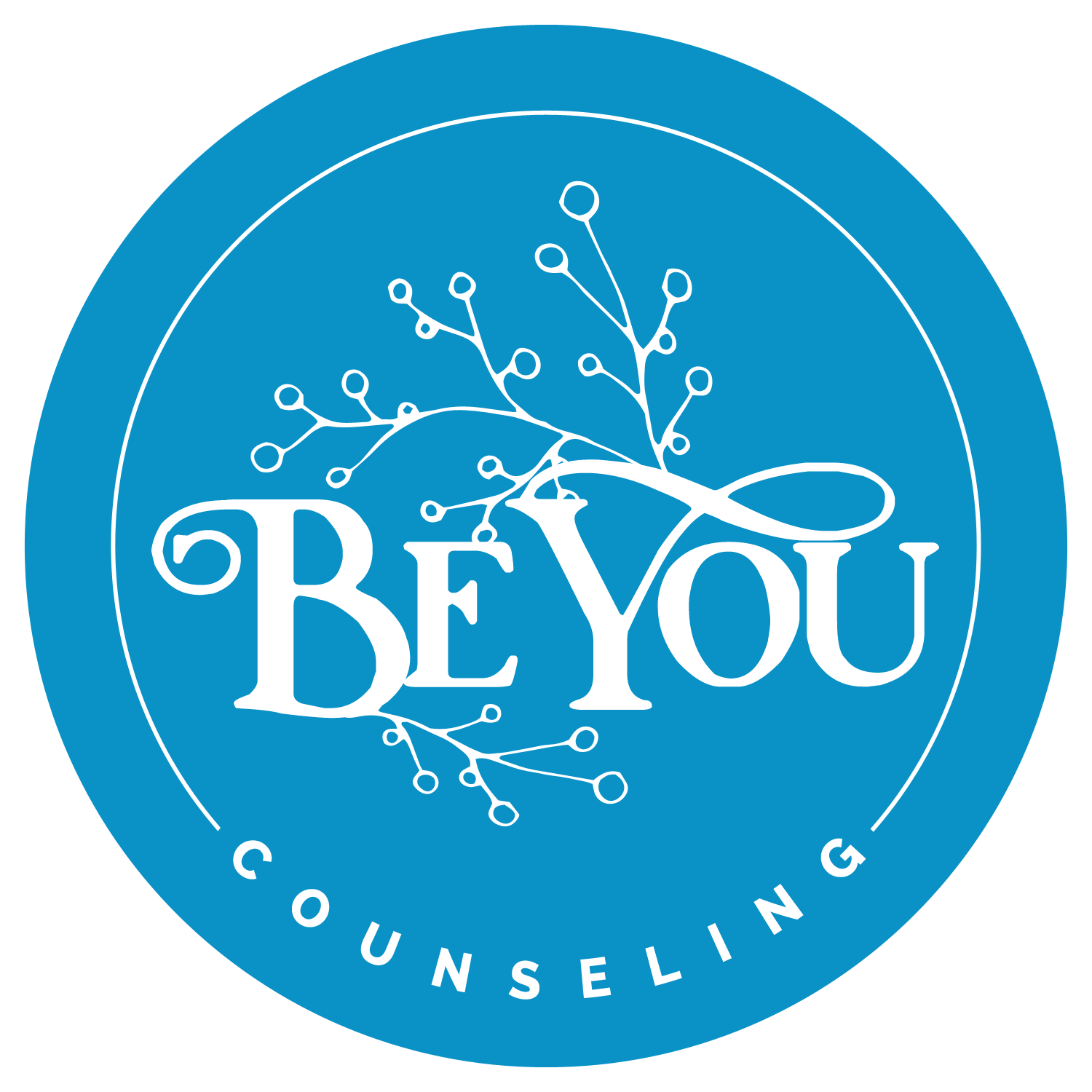Do You Feel Tired, Overwhelmed, Or Disconnected From Life?
Are you often overcome by feelings of sadness? Are you tired of feeling alone? Are you more irritable than you used to be? Do you experience feelings of hopelessness and worthlessness that are hard to ignore?
Perhaps the negative voice inside your head won’t stay quiet. Does it talk you out of taking action in your life? It may criticize your work, lifestyle, or choices in a way that you find hard to refute. Maybe you’ve started to second-guess yourself or avoid responsibility because you worry it’ll end poorly.
Recent Post
Or maybe you no longer have the energy to do things you once loved. You might spend hours watching TV or browsing the internet to avoid negative feelings. When you do engage in other activities, you might feel joyless or like you’re ‘wasting time.’ And it’s possible that engaging in these ‘mindless’ activities actually makes you feel worse and leads to feelings of guilt and shame.
It may have even reached the point where you’re avoiding friends and family. Perhaps you simply don’t have the energy to engage with them. And while they may have expressed concern, it has done little to draw you back into the world.
In fact, your depression symptoms may be so all-encompassing that you feel like there’s no way forward. You likely want to feel better and have a connection with people—but you just don’t know how.
Depression Is Incredibly Common
Over 16 million adults struggle with depression in America alone. Alongside anxiety, it is one of the most common mental health issues.
Depression can originate from a number of sources, including genetic factors, stress, interpersonal problems, or traumatic events. These factors can trigger depression symptoms as a cry for help. Essentially, the symptoms exist because your mind has become overwhelmed with negative emotions and is trying its best to help you cope.
Unfortunately, when depression starts to dig in its roots, it can be very hard to detangle it from yourself. Oftentimes, depression can feel more like a sense of identity than a complicated mix of feelings. This can make depression very hard to manage and get out of, leading to isolation, avoidance, and continued negative symptoms.
Coping with depression alone is often very difficult. Thankfully, there are resources available to help you learn how to manage your depression. In fact, therapy is one of the best options out there to finally gain some control over your symptoms and feel joy in your life.
“A pearl is a beautiful thing that is produced by an injured life. It is the tear [that results] from the injury of the oyster. The treasure of our being in this world is also produced by an injured life. If we had not been wounded, if we had not been injured, then we will not produce the pearl.”
You Can Feel Better With Depression Therapy
One of the reasons therapy is so effective is that it offers a safe place for you to explore your depression. Oftentimes, depressed individuals have trouble reaching out to friends and family members for help because they don’t understand what is going on for you. They may even tell you to snap out of it or stop feeling sad. These comments are dismissive and shaming, and only make you feel worse about yourself. Therapy provides a non-judgmental space where you can speak and connect with another human being with expertise on the subject. In addition, you will learn to understand what causes or triggers your depression, learn healthy coping mechanisms, and develop a sense of hope and empowerment.
That’s why I offer a safe, compassionate space where you can really come to understand your symptoms and what it means to be you. I encourage people to speak honestly about their thoughts and feelings, express authentically their inner experiences, and create the life they desire from a place of consciousness.
Each session is tailored to your personal needs. We will often start our work together by talking so that I can get a better sense of who you are, understand your biggest concerns, and begin the process of developing trust between one another. From there we’ll develop a plan that works for you. For example, some people may need a space to lie down as the talk and move into their feelings; others may need to get up and move around.
Talking is still an important part of therapy, however. Therefore, we will explore your different dialogues or explanatory styles to get a sense of how you talk to yourself and how your thinking reinforces your depressed feelings. Once identified, we can challenge these dialogues and change them to become more helpful self-talk. Self-love is about mending the broken relationships that have developed within us.
In my years working with depressed individuals, I’ve discovered that one of the biggest things keeping clients back is their pessimistic/victimhood mentality about life situations. I actively challenge these mindsets by exploring your history to identify point(s) in your life you had to give up your power and sense of self in order to survive. We can then rewire the way you view these events so that you feel more empowered and connected with who you really are.
I believe the mind and body are connected, and that it’s important to be able to express feelings through the whole mind-body system. That’s why much of what I do revolves around body-centered therapy. Additionally, I offer primal therapy, person centered therapy, Gestalt therapy, mindfulness meditation, positive psychology, and at times cognitive behavioral techniques to better suit a wide variety of needs.
These techniques have all proven to be incredibly effective. I have used them for over eight years to help clients and know from personal experience how helpful they can be.
That’s also why I know healing is possible. Overcoming depression is difficult, but with help and support, it’s very possible. You may have been a victim of circumstance, but you can learn how to empower yourself to finally reach that place of happiness you desire.
You may still have reservations about depression therapy…
I don’t think therapy will actually help me.
If you are trying to change another person or an external factor, then this statement is probably true. Our task is not to change another person or an event but to change how you react to them or it. You have the power to rewire your mind if you can let go of who you have been and give yourself permission to become the person you want to be.
I don’t want to be put on depression medication.
Medication isn’t mandatory; you have no obligation to take it if you don’t want to. I am more than willing to discuss the pros and cons of medication with you—as well as treatment plans—so that you can make an informed decision that you’re comfortable with.
I don’t want to be in depression therapy forever.
Therapy isn’t meant to last forever. It is intended to be a process that teaches you how to manage your symptoms so that you can better function in everyday life. This means that once you have the required skills, you won’t have to come into therapy unless problems arise again.
Depression Therapy Can Give You The Skills To Heal
If you are interested in learning more, I offer a free 20-minute phone consultation at (201)-280-3541. I am best contacted through my contact form. You can learn to manage your feelings of depression—all you need is a little help.










